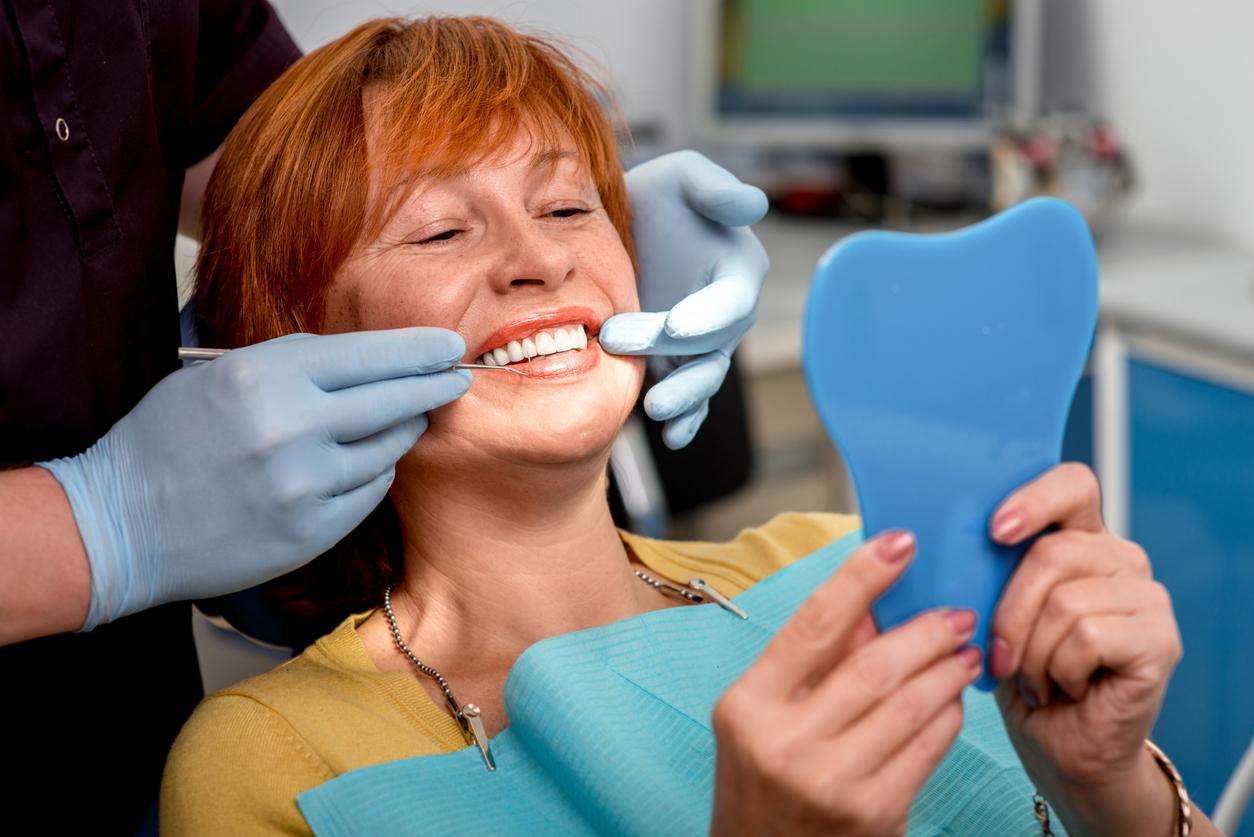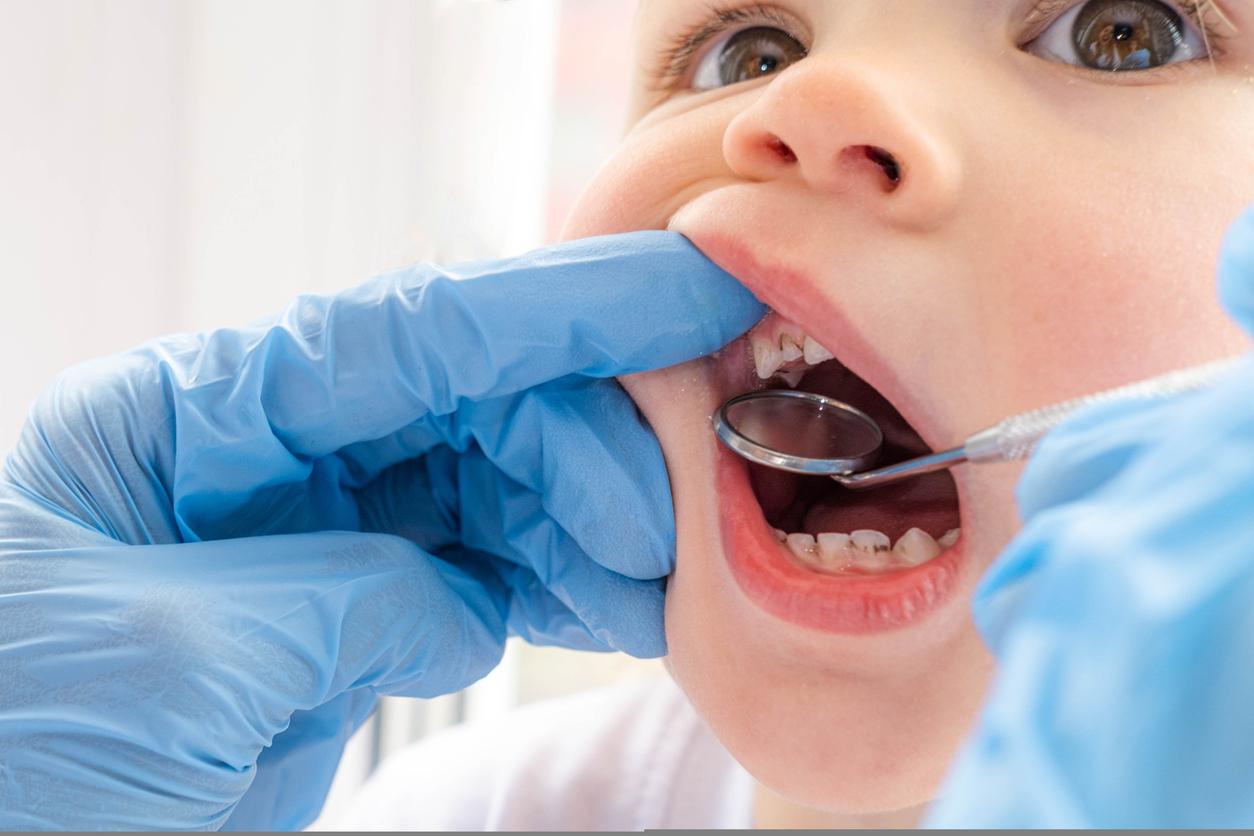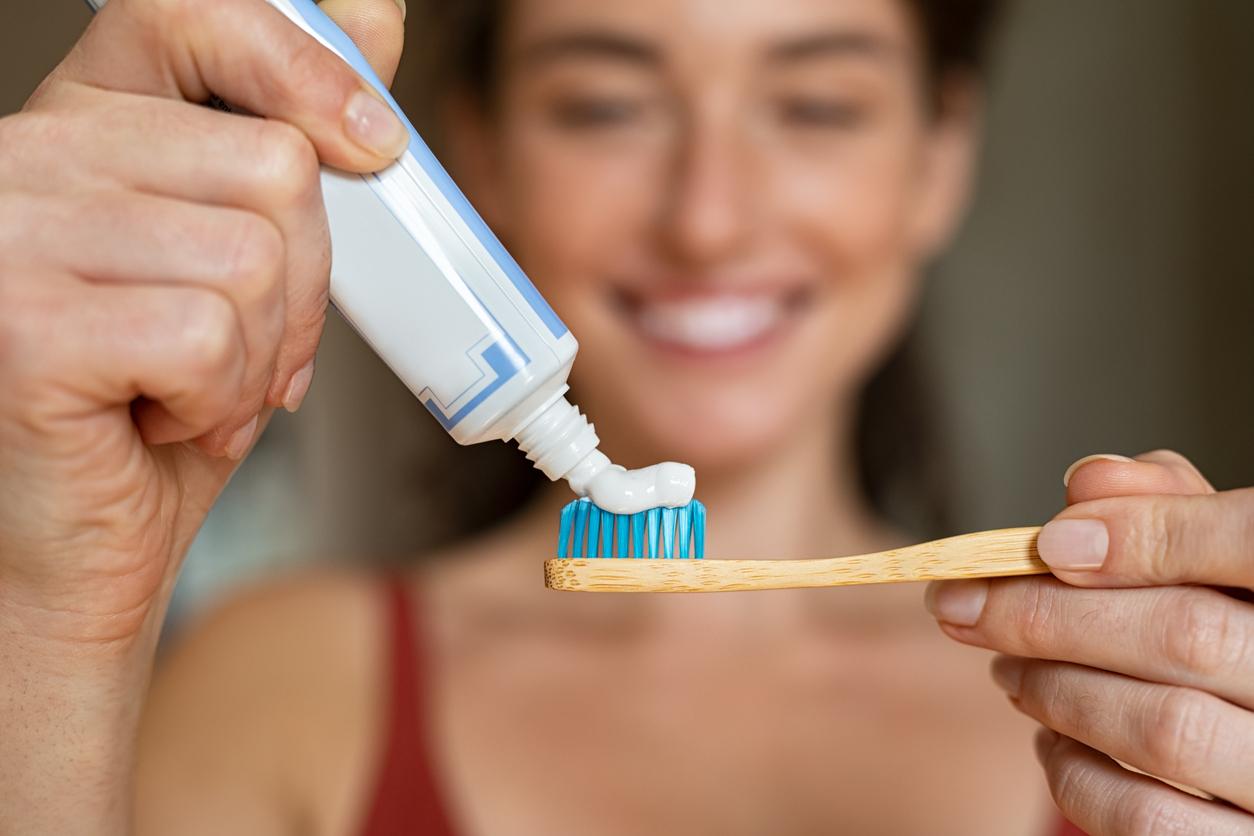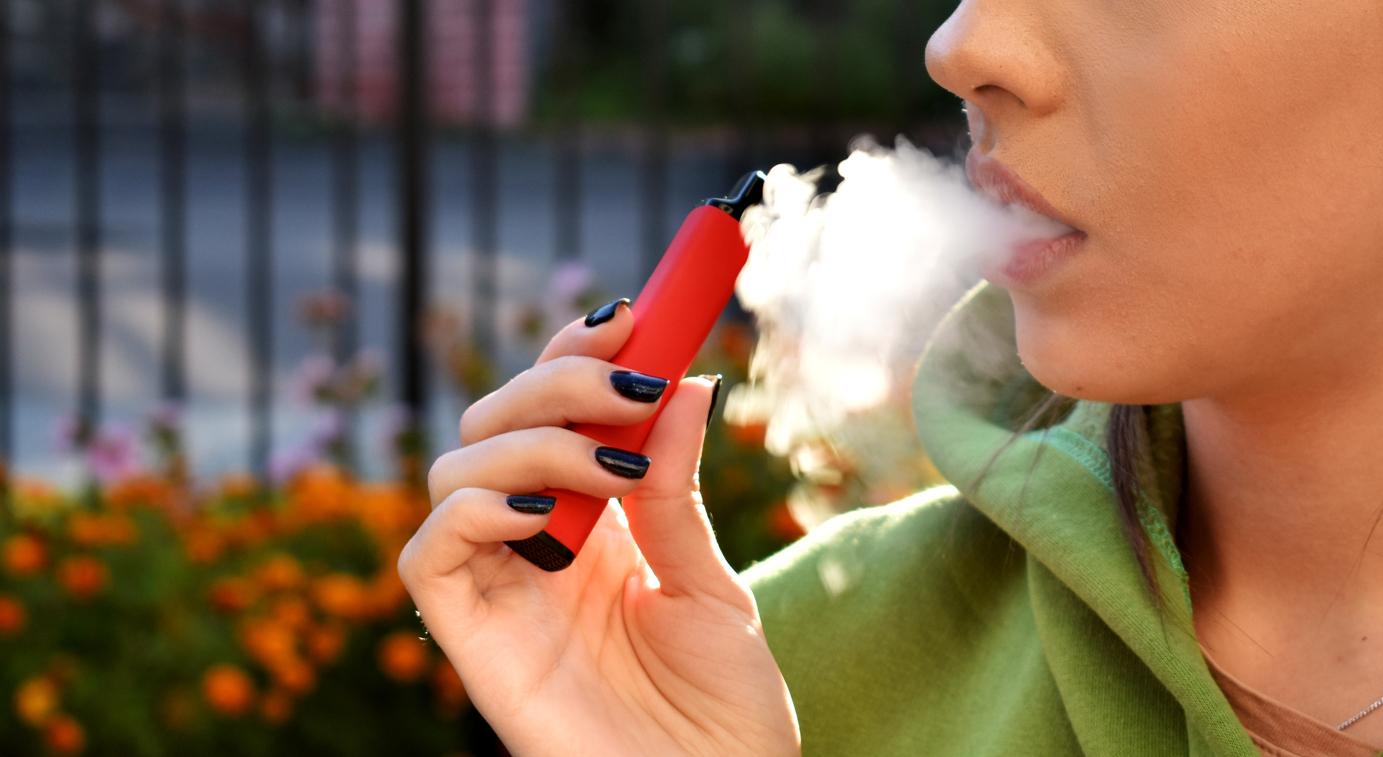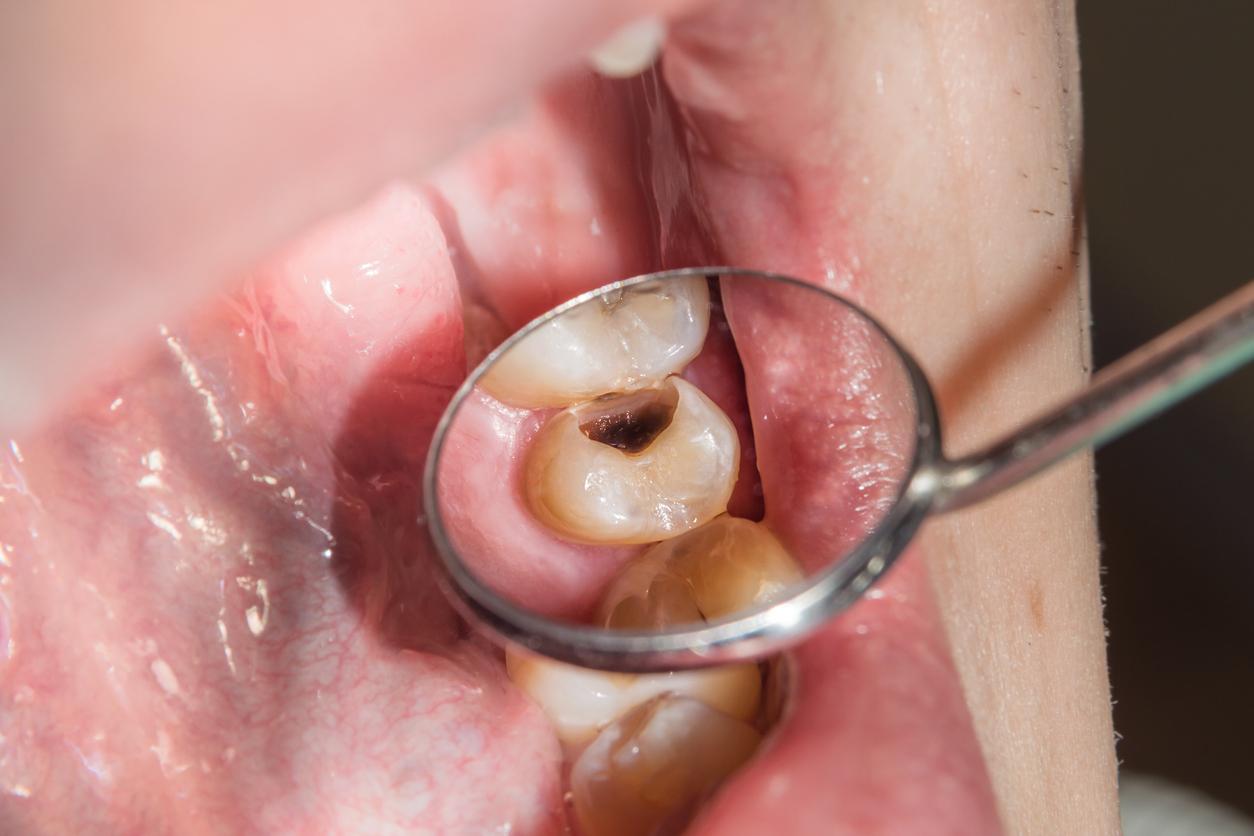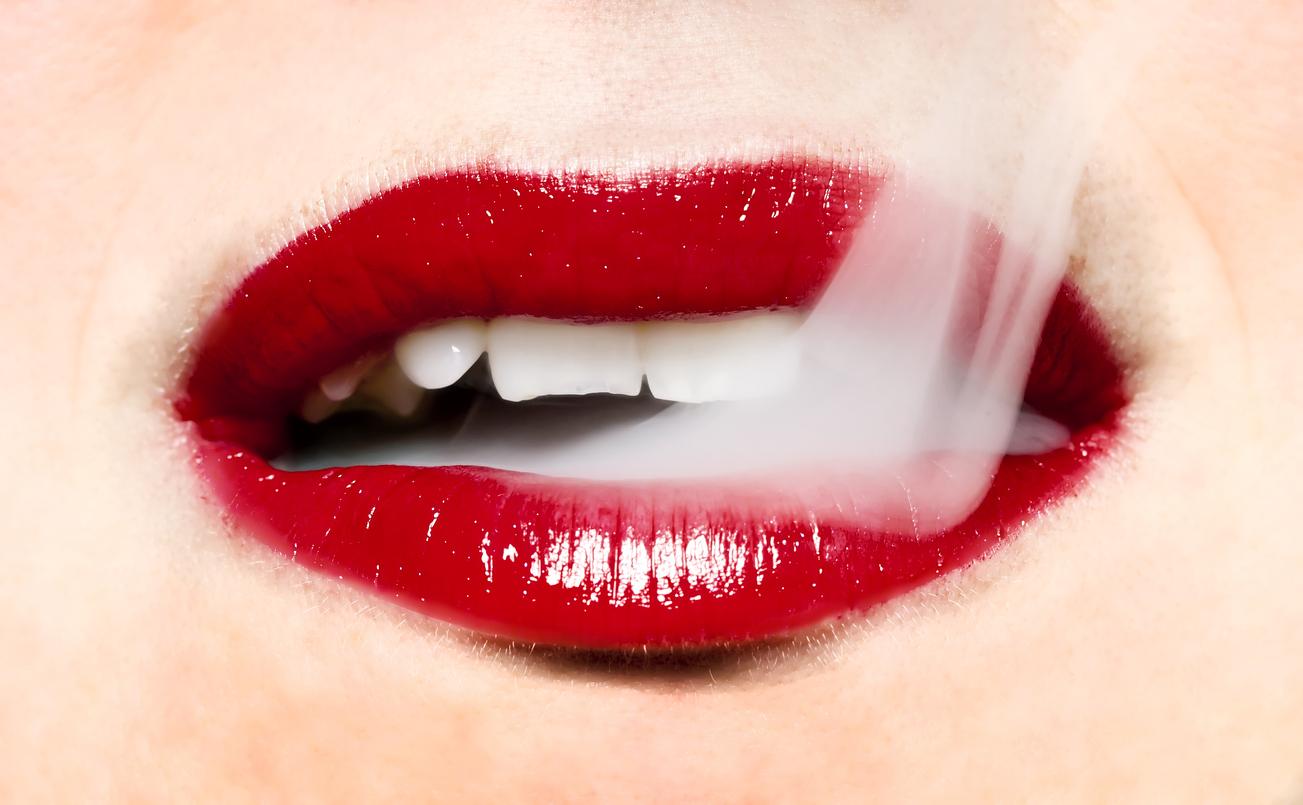Researchers have successfully tested a drug for Alzheimer’s disease to regenerate damaged teeth.

Soon over, the unpleasant taste of dental amalgam? A British study gives hope. The solution is surprising to say the least: a drug evaluated in Alzheimer’s disease. Dentists from King’s College London (United Kingdom) suggest in Scientific Reports that the use of this molecule could accelerate the repair of damaged quenottes.
An artificial substitute
Whether it is due to trauma or cavities, teeth can suffer serious breaches. The body then has a weapon of first choice: stem cells. In a natural process, the body stimulates the production of dentin, which protects the pulp from external attacks. An insufficient process, but above all incomplete. The amalgams then come to the rescue, which interrupts the mechanism.
The solution would therefore be to accelerate natural repair. The British have tested Tideglusib for this. This glycogen synthase kinase (GSK-3) antagonist has already been evaluated in Alzheimer’s disease. This time, it was mice that were tested.
A biodegradable sponge
The selected animals had their teeth drilled. Then they were filled with a biodegradable collagen sponge for 4-6 weeks. The result is convincing: not only does the product degrade naturally and gradually, but it is also replaced by dentin.
“The simplicity of this approach makes it an ideal clinical dental product for the natural treatment of advanced caries, and provides both pulp protection and dentin restoration,” said Professor Paul Sharpe, lead author of this study. . The side effects should, moreover, be relatively limited. Researchers find that drug concentrations in the body are low. A hypothesis which remains to be confirmed.

.








